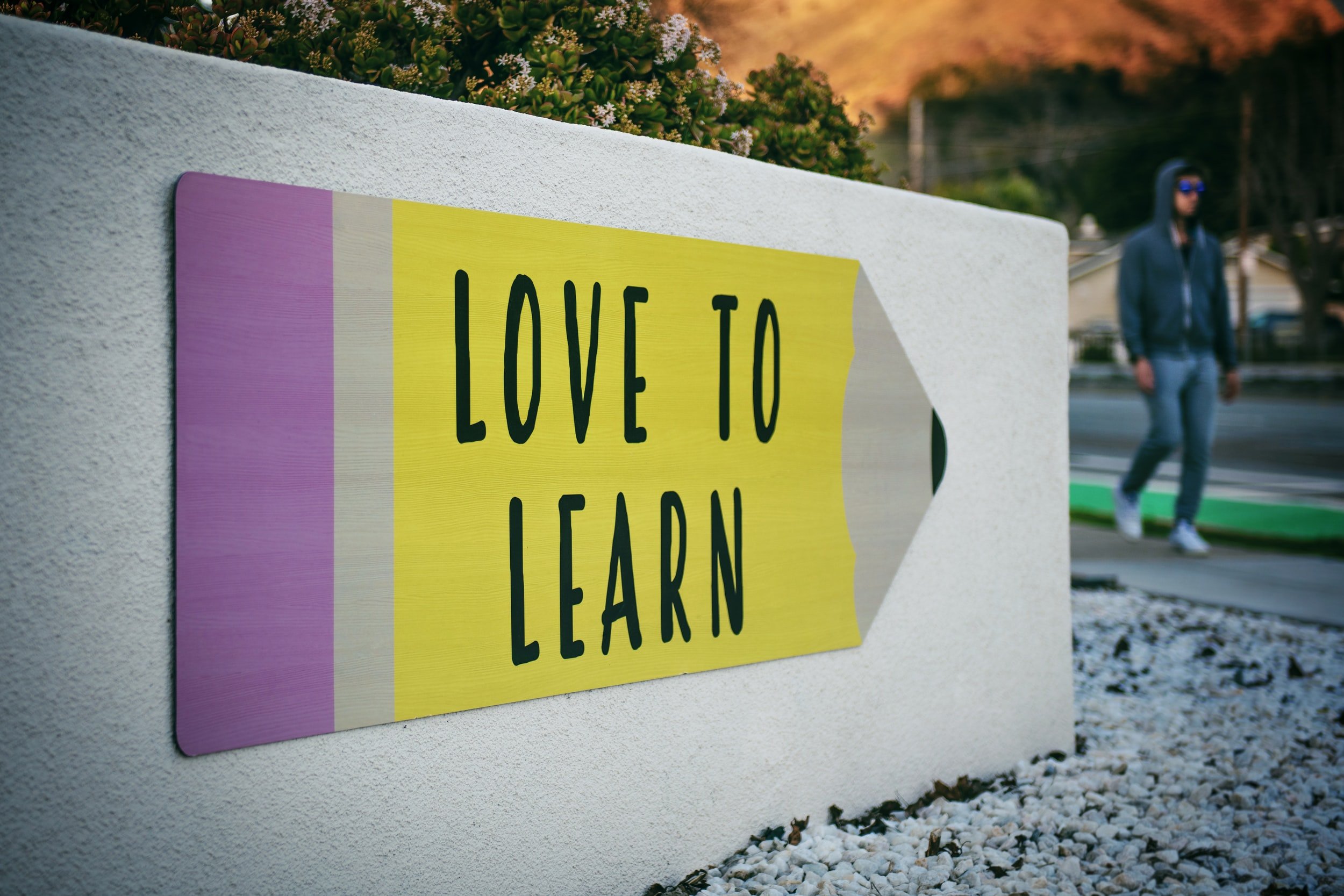The Power of "YES"
“No.” As an educator, how often do you say that to your students? In this podcast episode, Lauren Conner and I talk about the power of saying “yes”.
Why “Yes”?
I am guilty of immediately using the word “No” in my classroom. As an educator, I am put in the position daily of making choices for students. Students will ask if they can charge a Chromebook, go to the restroom, visit the library, sit with a friend, or do an assignment a certain way. Often, I get in a routine where my answer is “No”, for no other reason than I simply don’t want to deal with the conversation at the moment.
What does this do to my student relationships? It ruins them. In college, I had a professor, Dr. Sara Johnson, who posed the question, “Why not say “Yes”?”. I must admit, this question took me off guard. After some serious pondering, her question made sense. Why not say “Yes”? Why am I constantly severing my student relationships with an automatic “No”?
Get the Student Involved In Their Own Success
When a student asks me to charge a Chromebook in class, sometimes it truly is because they were negligent and didn’t charge it at home. However, sometimes it is because their power was turned off, they were taking care of siblings, or they had to make dinner for the third time that week. If I say that they are not allowed to charge their Chromebook, what statement am I making about their future and success? If I give them permission to charge, I am instead communicating in a physical way that I want them to be successful. So why not say “Yes”?
When a student asks me to do an assignment in a way that makes sense to them, why would I crush their creativity and work ethic with a swift “No”? The brightest minds in our country and around our world are the ones who think outside the box and march to the beat of their own drum. I need to foster that in my students, not crush it because it’s easier for me to grade an assignment if they do it the way I specifically told them. So why not say “Yes”?
The Turning Point
One of the best things as an educator that I have done is get into the habit of evaluating my “No” answers. If a student will be in danger, obviously the answer is no. If a student is asking something ridiculous, “Mrs. Conner can I jump over the desk?” obviously the answer is no. However, if my student is legitimately trying to be successful, understand an assignment, or be creative, there is no reason for me to crush that desire. In saying “Yes”, I can build better relationships, and foster success. So why not say “Yes”?
Timestamps:
[1:00] Why “Yes”?
[2:20] What if I say “no”?
[3:00] Giving 100%
[5:00] Get the Student Involved In Their Own Success
[6:40] Students Are Individuals
[10:00] Lauren’s Turning Point


